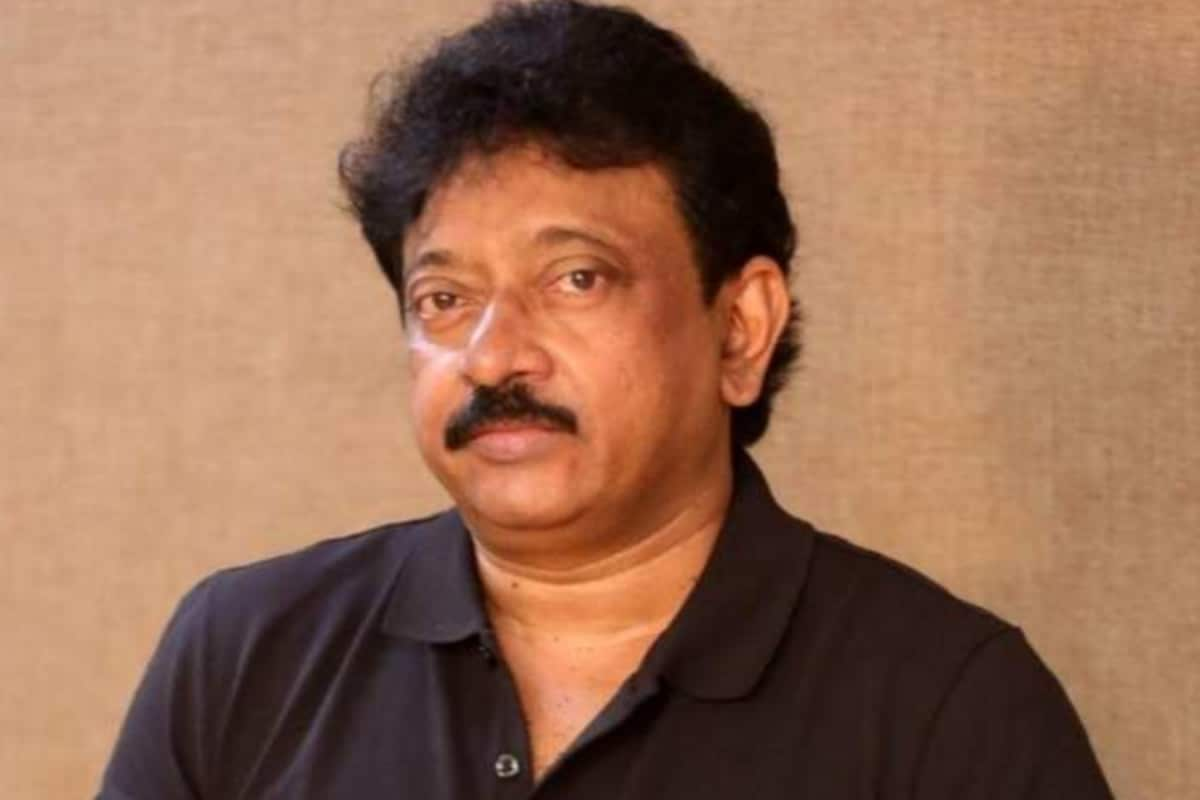

Following the Supreme Court's directive to remove stray dogs from Delhi-NCR streets and place them in shelters, filmmaker Ram Gopal Varma has voiced strong criticism against what he perceives as the "selective sympathy" of dog lovers. The Supreme Court's August 11 order mandates authorities in Delhi and surrounding areas to capture stray dogs and relocate them to shelters within six to eight weeks, with no provision for their return to public spaces. This decision was prompted by increasing incidents of dog attacks and rabies cases, particularly affecting children.
Varma took to social media to express his views, questioning why there is often more public empathy for animals than for human victims of stray dog attacks. He shared a video of a four-year-old boy killed by stray dogs in a city. "You weep for dogs, but not for dead humans… I never knew sympathy can be so selective," he wrote, criticizing what he sees as elitism from pet lovers who are shielded from the dangers faced by vulnerable communities.
The director highlighted the class divide, stating that "Rich people pet high breeds. Poor people get mauled and killed by strays". He pointed out that public safety becomes a privilege in gated communities, while the urban poor bear the brunt of stray dog attacks. This observation aligns with growing concerns about the inadequate management of India's stray dog population, estimated at over 60 million. Underfunded municipal programs and the perceived ineffectiveness of the Animal Birth Control (ABC) Rules contribute to the problem.
Varma also challenged the moral stance of animal rights advocates, questioning the differing perspectives on animal versus human deaths. "If a man kills, he's a murderer. If a dog kills, you call it an accident?" he wrote. He urged dog lovers to adopt stray dogs instead of simply advocating for their rights from a distance: "Why don't you take them off the streets and adopt them all? Or is it because they're low-bred, dirty, disease-oriented?". He further said that compassion without justice is cruelty wrapped in self-righteousness.
The filmmaker also touched on the ecological impact, noting that stray dogs pose a threat to endangered species, citing a 2025 study from the Ashoka Trust that highlighted the threat to species such as India's golden langur.
The Supreme Court's directive has sparked a debate between public safety advocates and animal welfare groups. While many residents of Delhi-NCR support the order, citing safety concerns, animal rights organizations have raised concerns about the practicality and ethics of mass relocation. Critics argue that the move is logistically challenging, financially unsustainable, and potentially harmful to urban ecosystems. Concerns have also been raised that shelters could become overcrowded. The court has acknowledged the need to balance public safety with humane strategies for managing the stray dog population.
The Supreme Court has criticized local authorities for failing to properly implement sterilization and vaccination programs under the Animal Birth Control (ABC) Rules. On August 14, 2025, the Supreme Court reserved its order on pleas challenging its August 11 directive to confine stray dogs in shelters. The bench stressed the need for immediate action, emphasizing that children and the elderly must feel safe. The court also stated that local authorities were not doing what they should be doing.